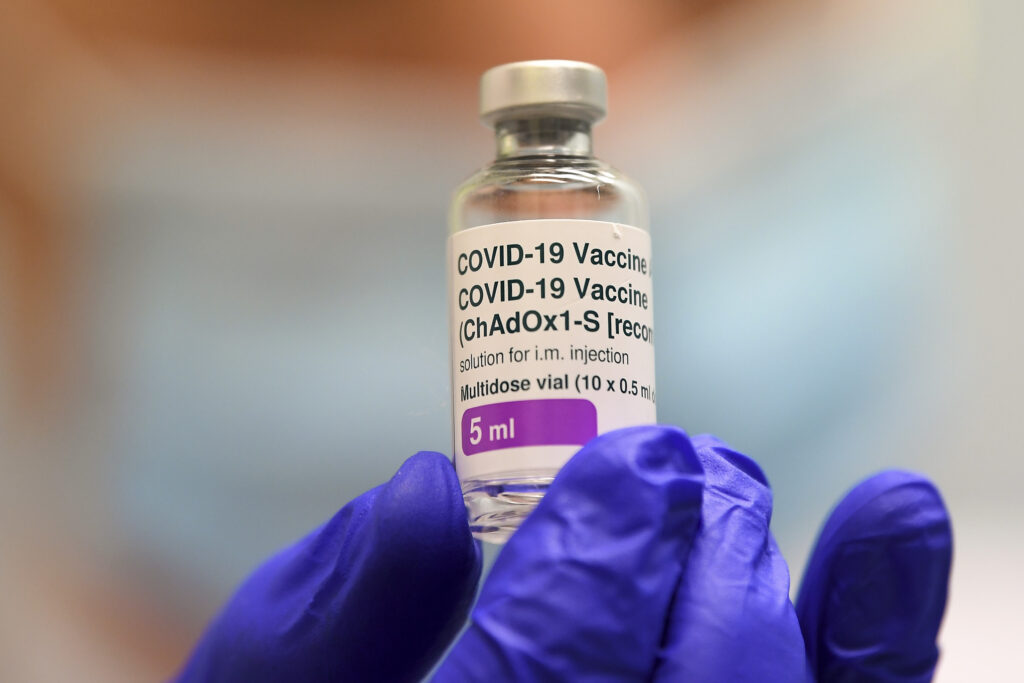By Kenneth E. Thorpe
The World Trade Organization is considering a petition from several dozen countries to nullify intellectual property protections on Covid-19 vaccines. Supporters — which now includes the United States — claim the move will expand global access to vaccines.
In fact, the opposite is true.
As Valdis Dombrovskis, the chief trade commissioner for the European Union, recently wrote, “[the waiver] would not help but rather hinder the efforts to ensure the widest distribution of Covid-19 vaccines.” Any bottlenecks are due to the complexity of vaccine manufacturing and the limited number of facilities that can safely produce the inoculations.
By all accounts, the United States’ Covid-19 vaccination campaign has exceeded expectations. More than 50 percent of Americans over 18 are at least partially inoculated.
But low-income countries in Southeast Asia and Sub-Saharan Africa have barely started their vaccination campaigns. India and South Africa, who brought the IP waiver proposal to the WTO, believe stripping companies of their patents would help close this gap. Their supporters agree.
And it’s true the United States has an interest in closing the gap. Nowhere will be safe until COVID-19 is controlled everywhere.
But waiving IP rights won’t ramp up mass vaccination efforts.
Consider the cooperation already taking place that has lifted vaccine production to unprecedented levels. The Serum Institute, India’s largest generic manufacturer, has committed to making billions of doses for AstraZeneca and Novavax. Another Indian generics maker, Biological E, will partner with Johnson & Johnson to make 600 million doses.
Firms that typically compete with one another have also come together to expand vaccine supply. Pfizer-BioNTech struck deals with Novartis and Sanofi. Johnson & Johnson has teamed up with Merck. Thanks to this cooperation, every qualified facility on the planet that can produce vaccines is doing so.
This collaboration is taking place because of intellectual property rights. The companies are secure in sharing their formulas, trade secrets, know-how, and technological expertise because they still own their underlying data and research. This cooperation also enables innovative drug companies to ensure their vaccines are manufactured safely.
The global supply of raw materials needed to make, distribute, and administer these vaccines is not endless. That’s another reason why nullifying IP protections could actually backfire. If untested, unproven companies that aren’t even authorized by the World Health Organization start trying to make these vaccines – as they no doubt could – they’d be vying for the same raw materials and ingredients as the facilities making safe vaccines today. That would be disastrous for patients everywhere.
Canceling IP protections would also stifle innovation, reducing the number of new treatments and cures in development and hurting our ability to protect the globe against future Covid-19 variants. Intellectual property is what enabled drug companies to develop Covid-19 vaccines in the first place — and at breathtaking speed.
The pandemic won’t truly end until the globe reaches herd immunity. But cancelling intellectual property protections won’t do anything to speed up that effort — and would likely undermine it.
Kenneth E. Thorpe is a professor of health policy at Emory University and chairman of the Partnership to Fight Chronic Disease.


